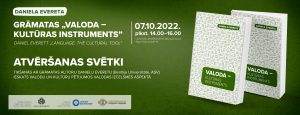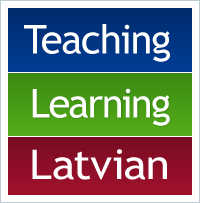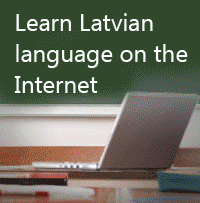The latest book in our series of translations – “Language – The Cultural Tool” is published
 The Latvian language agency continues its series of translations and publishes the book Language – The Cultural Tool (2012) by the linguist Daniel Everett.
The Latvian language agency continues its series of translations and publishes the book Language – The Cultural Tool (2012) by the linguist Daniel Everett.
Publications on language and linguistics are seldom viewed as emotionally engaging or heartwarming. But that is exactly what this book is – it seeks to offer a new perspective on the origins of language by examining whether any language and its elements appear suddenly or develop gradually. The author looks at the development of language, viewing it as an indispensable and unique cognitive tool. The book is grounded in the author’s personal experience. It is also a show of respect towards the Pirahã language and culture, and to all endangered indigenous languages in the world.
For several decades, the academic circles have recognized heredity and instinct as the basis of language development, although the role of social factors have also been emphasized. Daniel Everett offers a distinct perspective on the origins of language and views it as a product of culture. The function of a language determines its form, and it is subject to the practical need to communicate with one another to survive. The author says that all human languages are practical tools, and that humans use these tools to tackle problems that arise in communication and in the struggle to maintain social cohesion. The author of the book defends the idea that humans created language, and that it undergoes evolution as it adapts to the changes and needs within a society.
It is known that linguists, anthropologists, philosophers, and specialists in other fields have different opinions about the origins of language. Daniel Everett emphasizes: “This is not a book about why one particular view on language is wrong and another is right – although I will not refrain from making such assumptions. Rather, it is a story about the joy of language – a joy that has filled my soul for more than thirty years as I studied the languages and cultures in Native American societies. One of the aims of this book is to offer an equal perspective on alternative points of view – even if I strongly disagree with one of them. However, I will at times have to side with one view or the other. These are the basic principles of typical scientific discourse. I am convinced that if we act respectfully and use proper evidence, it can be healthy to criticize one position and support another.”
The translator of the book is Ina Druviete. Scientific consultant – Uldis Ivars Jānis Balodis, scientific, literary editor – Sanda Rapa.
The book launch and meeting with the author will take place on October 7.
The translation can be purchased at the Latvian Language Agency (price 16.80 EUR).



